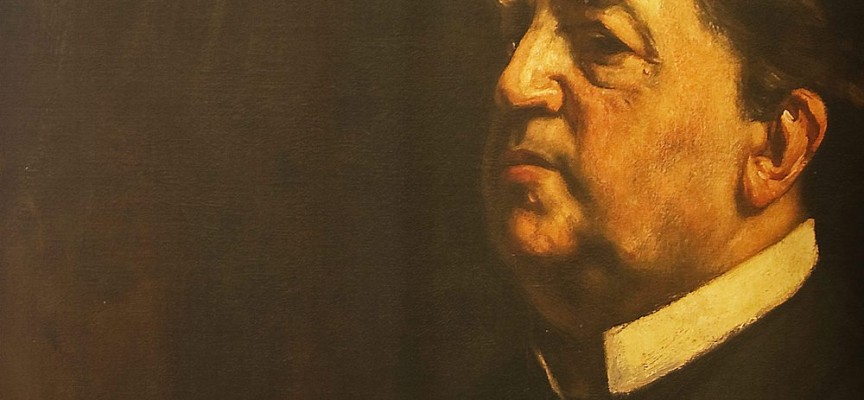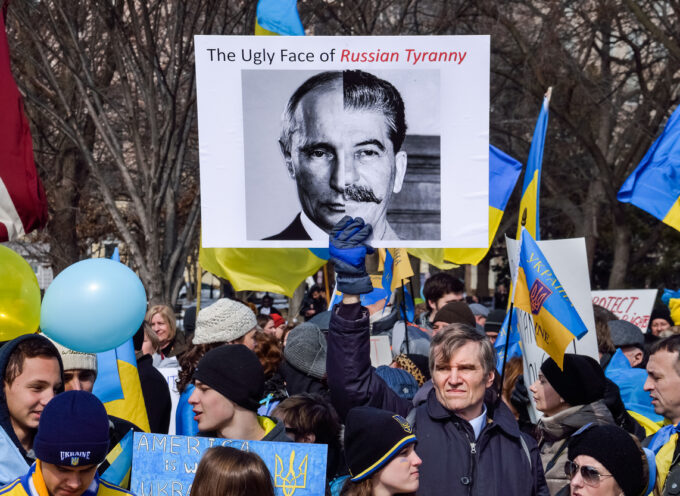Russian winters are not known for affording one a cornucopia of options for how to spend one’s evenings. When the temperature regularly drops to 10 or 20 below zero for months at a time, there is little to do. So when I found myself in Russia during the winters of 1998-99, I had a lot of time on my hands. But that is how I first learned about Abraham Kuyper.
I certainly didn’t enjoy the brutal cold at the time, but in retrospect, I am grateful for those long Russian winters. Without them, I would not have encountered Kuyper’s writings, and thus would have received neither the theological framework I needed for understanding a Christian’s relationship to society and culture nor the theological underpinnings he provided for a healthy view of church and state.
Those years in Russia provided the perfect context for reflecting on these issues, as evangelical Christian influence in Russia had been restricted severely during the Soviet era. I worked as an adjunctive professor at several universities in the city of Kazan. Most of my students were deeply skeptical about whether God existed, whether life had any meaning, and whether there were any moral absolutes. Russia’s cultural institutions—including its government, businesses, marriages, and schools—reflected this deep sense of loss.
Read the full article at Canon and Culture
Subscribe
Never miss a post! Have all new posts delivered straight to your inbox.







